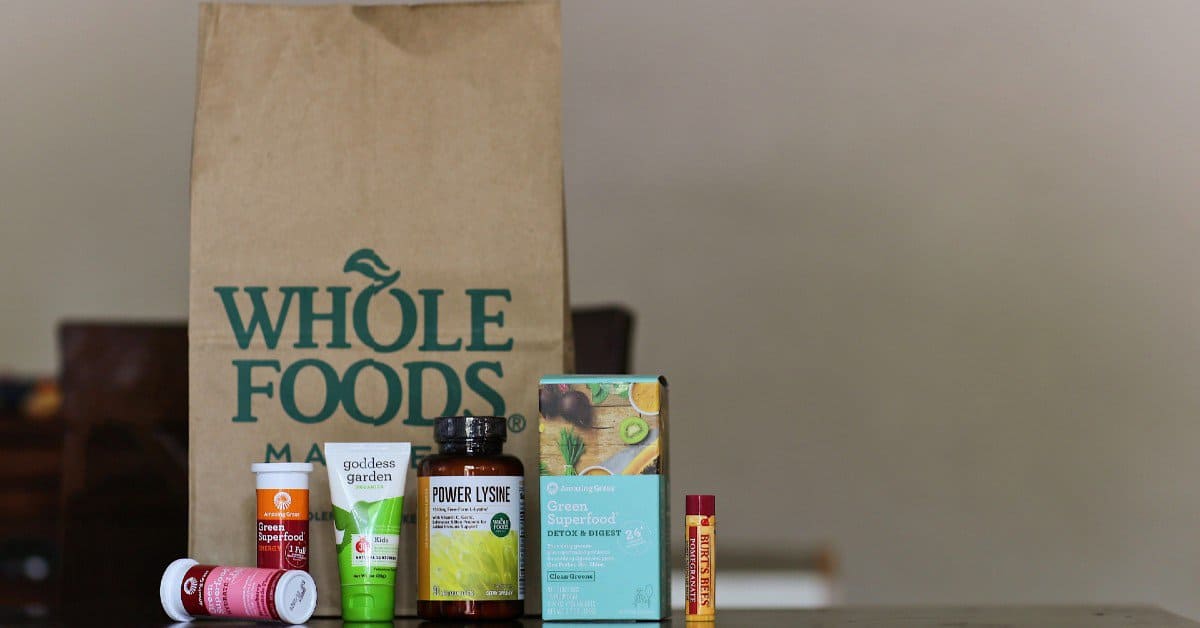The world of mixed martial arts is a cutthroat business. There are so many disciplines to master, and a fighter’s lifespan is small. He/she has to make the most of their opportunities and cannot allow chances to go begging. A proper diet is necessary for them, and the use of supplements assists in optimal results.
UFC fighters take supplements for different reasons. They are used for muscle growth and recovery during training, greater water retention, improved focus, and battle readiness. Alongside supplements, painkillers are also an essential part of the fighters’ regimens ahead of their matches.
The use of supplements is not as straightforward as one would assume. Fighters have to mix and match depending on the stage of fight preparation they are in. Protein shakes are used throughout, but their importance increases during weight cuts as creatine is avoided at that time. While before a fight, pre-workout and painkillers are taken. In this article, we will talk about the different supplements available and the reasons fighters take them. So, without further adieu, let’s begin!
What supplements do UFC (MMA) fighters take?
Justin Gaetjhe was in the whereabouts of a title shot but behind Tony Ferguson, Conor McGregor, and Dustin Poirier in contention. He took his chance against Ferguson, who cut weight twice in a month and triumphed over the boogeyman. Gaetjhe now has an opportunity at destiny to break Khabib Nurmagomedov’s unbeaten run.
The reason to share this anecdote is because athletes need every edge they need to triumph over their rivals; this state holds its weight in gold in the UFC, where one fight can make or break your career. The later part of the statement holds value as much as the former, and it all has to do with the myriad of supplements available at their disposal.
There are many different supplements available in the market. Some help with focus and greater endurance. Some take the edge off and help deal with pain. And some that help with muscle recovery and body mass. Supplements for joint problems, water retention, vitamin deficiencies, minerals imbalance, and other reasons are only known to the fighters.
Proper supplement usage is an art that has been perfected by few. However, it can also lead one down the path of the frowned and why UFC fighters like Demetrious Johnson stay clear of them. Contaminants in supplements are common and can land one in hot water with the United States Anti-Doping Agency (USADA). It is better to buckle down and get your diet locked down than to bring into disrepute. Jon Jones and Cheal Sonnen will attest to this.
We discuss below the different types of supplements used by UFC fighters, the reasons behind their usage, and also make recommendations on which ones you should consider.
Check out this article for a complete list of the best supplements that MMA fighters use.
Do UFC fighters take creatine?
Almost every Olympic athlete takes creatine. By this logic, it is easy to conclude that UFC fighters take creatine as the sport borrows heavily from popular disciplines in the games. Wrestling, judo, and boxing are events in the Olympics and necessary fields to master the MMA world.
It is a no brainer for UFC fighters to take creatine as it improves the recovery mechanism. Fighters undergo exponential stress during their training regiment, and this is exacerbated ahead of their bouts. Creatine is added to the diet over a 4-5 week period in which remarkable improvements are seen in punching power and stamina.
Thorne Research’s Creatine and MusclePharm’s Essentials Micronized Creatine are the best options out there. They are tested for banned substances and have pure creatine that meets the requirements of fighters during their fighting preparations. Besides, creatine can be taken alone or as part of protein shakes, while it is also a significant ingredient of pre-workout.
However, people associate creatine with allowing the body to hold weight, which has raised questions about its utility for fighters. While this is a genuine concern, one forgets this assumption that there are ways to lose water weight through other means. Moreover, preparation for a fight starts three sometimes four months in advance, and creatine can be used in that period before being taken out of the diet in the final one month for weight cut.

Do UFC fighters take protein shakes?
Protein is a key nutrient for our bodies. For UFC fighters, it is more necessary as they are involved in strenuous exercise throughout the year. They are never stopping and resting on their laurels as the competition gets tougher with each fight. There is a need to improve, or the competition will sweep them away. For this reason, they are fine tuning their striking and grappling skills all the time.
Their diet cannot sufficiently provide them with the protein they require. As a result, UFC fighters have to use protein shakes, as it is essential for recovery during training. Fighters don’t need to take protein shakes if their diet has enough protein, but it becomes beneficial to ensure there are no unwanted effects.
While protein shakes become an integral part of an MMA practitioner’s diet for muscle recovery, it also helps them lose weight. This can be for many reasons but is of extreme importance when they are preparing for fights. Protein energizes their body and allows them to burn more calories than what they consume, while also assisting in muscle growth.
In addition to this, protein shakes help fighters suppress cravings for sugary treats. The ON Gold Standard Whey Protein is a popular choice due to its affordable price and ability to be mixed with various treats.
While ON’s offer is catered for general audiences and is an excellent fit for fighters, MusclePharm’s Combat Protein Powder is made with the fighter in mind. It optimizes recovery, muscle growth, and supports strength, necessary elements for a UFC fighter.

Do UFC fighters take painkillers before a fight?
The question of pain is essential in the fight game. It is of even more importance for UFC fighters who have a grueling task in the octagon. Anything and everything goes except for below the belt hits. In such a situation, painkillers help numb you down for blows and ideally give you an edge over your rival.
Pre-workout is common amongst fighters, and one of its benefits is its action as a painkiller. But fighters take painkillers separately for best results, usually half an hour to 45 minutes before a fight.
It does not have a significant impact during a fight but acts as a booster for the fighter in his/her preparation. This is because UFC fighters are always battling one injury or the other. Khabib Nurmagomedov recently shared in an interview that he has never gone in the cage for a fight without an injury that was picked during training.
Painkillers help fighters get their mind off these niggling pains and focus on what is ahead of them. This is why painkillers are taken in conjunction with pre-workout. Coupled together, they bring the focus of the fighter on what is most important, their 15-minutes of fame in the octagon.
Their use is expected due to the nature of the sport. While in other disciplines, an athlete can pull out due to injury, but in the fight game, especially MMA, it is part of the training, and they lumber through it. Previously, narcotics were used in conjunction with painkillers, but their use has been prohibited by the UFC ever since the organization introduced their Fighter Conduct Policy.
Do UFC fighters take pre-workout before a fight?
Pre-workout is a specific classification of supplements that fighters take to enhance athletic performance. They are designed to increase endurance and focus during the upcoming phase of the strenuous exercise period.
Weightlifters made pre-workout common, and it has found its way into the diets of fighters before a bout. It contains a mix of creatine and caffeine to give the desired results. Methylhexanamine, also known as DMAA, is also a common ingredient. It is mostly ingested as capsules but is also available in tablet, liquid, powder, and bar form.
Since caffeine is a significant component of pre-workout, it gives one enhanced level of alertness, mental concentration, and energy. Also, it results in enhanced muscle endurance and also reduces the pain experienced. Muscles also take reduced time to recover from exercise; however, this is attributed to the presence of branched-chain amino acids (BCAAs) such as glutamine.
Understandably, MMA prefers pre-workout for their bouts. The fights usually last 17 minutes for a three-round match, including a minute’s break between the stoppages. A fighter with low cardio can go the distance and perform at optimal levels, but with pre-workout available to both, it cancels out.
While pre-workout is excellent in principle, it has side-effects that fighters should be aware of. Owing to caffeine intake, it can make one jittery after ingestion, and also result in insomnia, nausea, increased heart rate, drowsiness, headaches, anxiety, and restlessness in the long term. Water retention also increases owing to creatine in the pre-workout formula. However, these side effects can be avoided by starting with small doses a month before the expected experience.
ON’s Gold Standard Pre-Workout is a great fit and is available in four different flavors. Another recommendation is the PreRoll by Gold BJJ. Both supplements are designed with fighters in mind and look to meet their requirements ahead of a scrap. It matches caffeine requirements and balances with creatine demands for fighters.

Read here more about UFC fighters and taking pre-workout.

